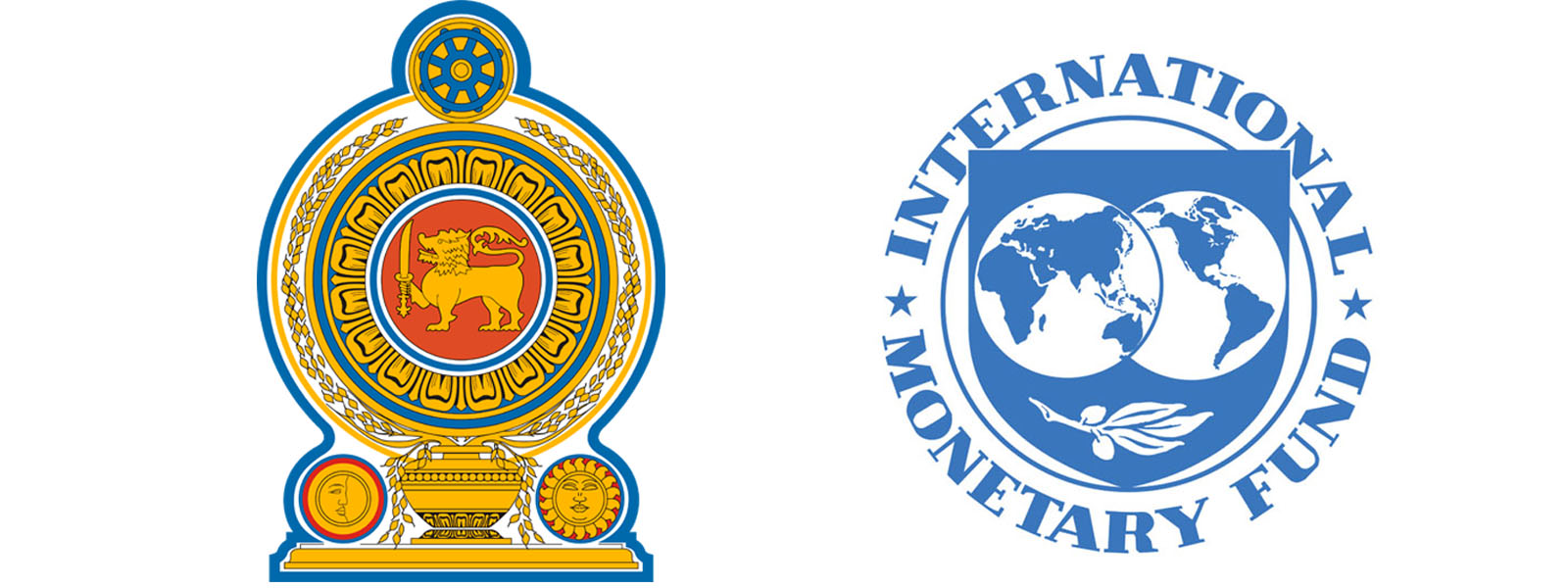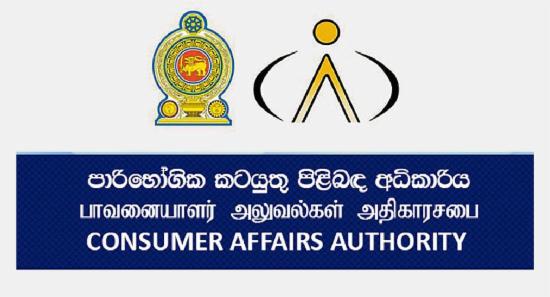.webp)

Here's What The IMF Executive Board Said On Sri Lanka's Debt Restructuring
COLOMBO (News 1st); The International Monetary Fund has called for a swift finalization of the Memorandum of Understanding with the Official Creditor Committee and final agreements with the Export‑Import Bank of China.
The directors of the IMF Executive Board have stressed the importance of seeking comparable, transparent, and timely completion of restructurings with external private creditors consistent with program targets.
They have, however, welcomed the progress made to advance debt restructuring to restore Sri Lanka’s debt sustainability.
The Executive Board Directors have underscored the need to strengthen financial sector resilience to support the recovery.
They called for swift completion of the restructuring of remaining domestic law, foreign currency loans and for adequate recapitalization of commercial and state‑owned banks.
The Directors have also welcomed the enactment of the Banking Act amendments and emphasized the importance of their effective implementation to enhance supervision and the governance of state‑owned banks. They also called for further efforts to strengthen the anti‑money laundering and counter‑terrorism financing framework.
The Executive Directors commended the authorities’ strong performance under the Fund‑supported program, noting that reforms are bearing fruit. The economy has started to recover, inflation remains low, revenue collection is improving, and reserves continue to accumulate.
Directors underscored, however, that important vulnerabilities and uncertainties remain, including with respect to the ongoing debt restructuring and the upcoming elections. Against this backdrop, they called on the authorities to continue strengthening macroeconomic policies to restore economic stability and debt sustainability and to sustain the reform momentum to promote long‑term inclusive growth.
This announcement came following the completion of the second review under the 48-month Extended Fund Facility (EFF) Arrangement, allowing the Sri Lankan authorities to draw about US$336 million. This brings the total IMF financial support disbursed so far to about US$1 billion.
Directors stressed that pressing ahead with governance and structural reforms, supported by development partners and IMF capacity development, is crucial to unlock growth potential. They welcomed the publication of the authorities’ action plan on the key governance reforms recommended in the Governance Diagnostic Report and called for its steadfast implementation. Directors also recommended prioritizing reforms to further liberalize trade, improve the investment climate and SOE efficiency, reduce gender gaps in the labor market, and mitigate climate vulnerabilities.
Furthermore, the Directors underscored that restoring fiscal sustainability requires additional revenue measures underpinning the 2025 Budget, further tax administration reforms, as well as limiting tax exemptions and making them more transparent. They called for protecting growth‑enhancing and social spending, and for improving the social safety net. Directors welcomed the submission of the new Public Financial Management bill to Parliament, which would strengthen fiscal discipline and establish a solid fiscal framework. They noted that further efforts to strengthen the debt management framework are also needed. Directors welcomed the progress on achieving cost‑recovery in energy pricing, noting its criticality for containing risks from state‑owned enterprises (SOEs).
In addition, the IMF Directors emphasized that maintaining price stability remains the top priority for monetary policy, which requires anchoring inflation expectations, continuing to refrain from monetary financing, and the gradual unwinding of government security holdings as markets allow. They also stressed the importance of strengthening central bank independence. Directors underscored the need to continue building external buffers, while maintaining exchange rate flexibility to facilitate external rebalancing and preserve the credibility of the inflation targeting regime. They called for gradually phasing out the balance of payments measures.
Other Articles
Featured News





.png )
-820251_550x300.jpg)
-820245_550x300.jpg)

-820233_550x300.jpg)

-820221_550x300.jpg)




-819380_550x300.jpg)


-812087_550x300.jpg)
-810262_550x300.jpg)
















.gif)